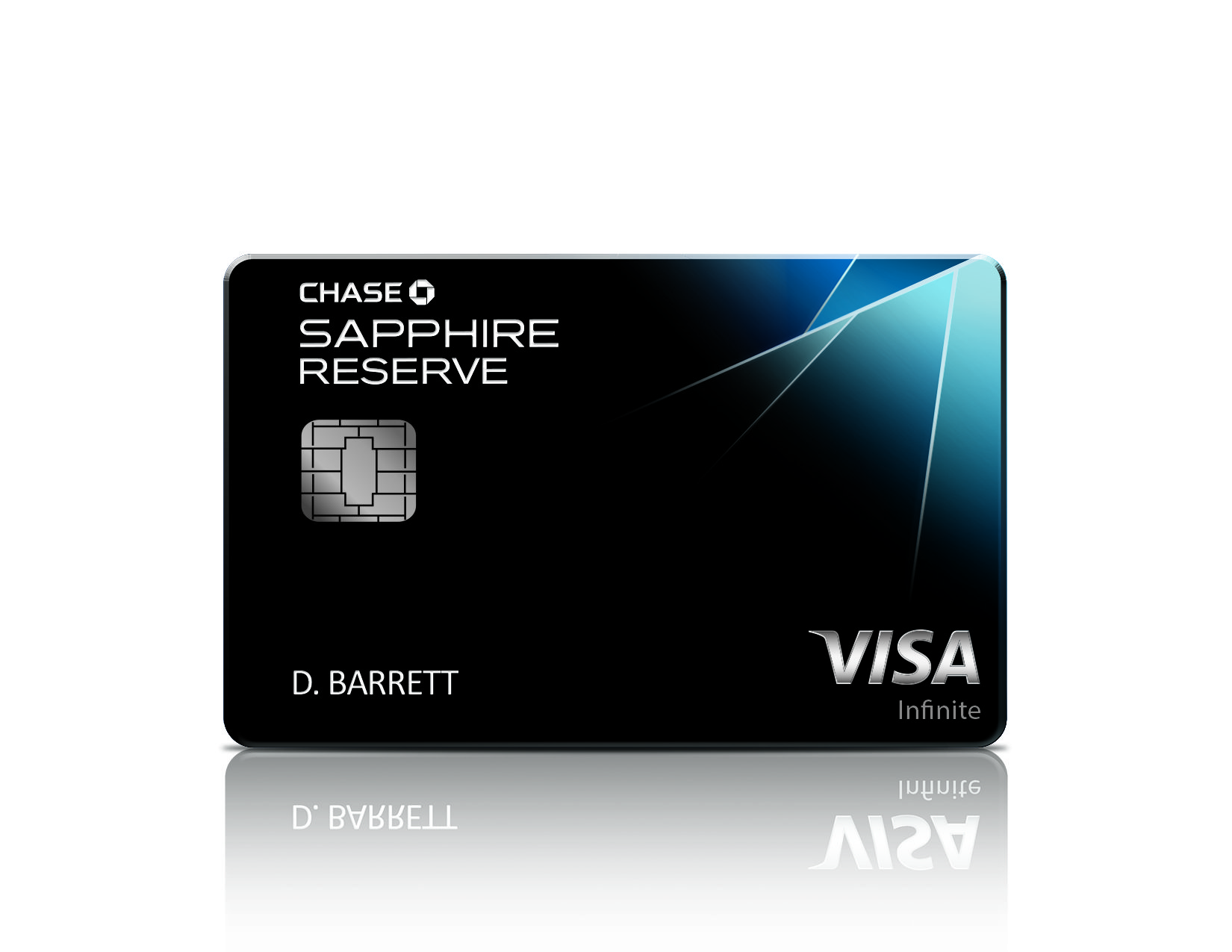Credit card bonus categories are some of the best ways to earn extra points and miles on everyday spend. There are many credit cards that have lucrative bonus categories such as dining, grocery stores, and gas. However, many people have expenses that do not fall into a specific bonus category. This where credit cards for non-bonus spend comes in handy. These credit cards usually have flat rate earning structures and earn points or miles that complement cards with bonus categories.
Both personal and business credit cards that earn points and miles are covered in this post. Many of these cards also earn cash back. And in most cases, cardholders can transfer rewards earned with these cards to a more premium card.
Personal Cards
This post starts with three of the best personal credit cards for non-bonus spend. Consumers should look here first, especially if they do not have a side hustle or own a business.
Citi Double Cash
The Citi Double Cash was revamped in the fall of 2019 as rewards earned on the Double Cash became transferrable to Thank You (TY) points. This change was huge because the Double Cash became one of the best non-bonus spend cards for international travelers.
The Double Cash earns 2% cash back (or 2x TY points) on all purchases. But the points are not rewarded immediately. Cardholders earn one point per dollar upon purchase and a second point per dollar upon paying their bill. This provides more incentive for paying in full every month and being financially wise.
Unfortunately, the Citi Double Cash does not come with a sign-up bonus or any perks. But it is among the best pure earners among personal credit cards. The Citi Double Cash has no annual fee, making it a great keeper card as well as a great downgrade option.
Capital One Venture
The Capital One Venture is another great earner, even though it is part of a fledgling transferrable miles program. It earns 2x Capital One miles on all purchases. Plus, Capital One is offering a sign-up bonus worth 50,000 miles that can be earned by spending $3,000 within the three months.
However, Capital One is one of the worst issuers for transferring miles to partners. Capital One has a 4:3 transfer ratio for most partners, which devalues miles by 25% upon transferring. This is the biggest weakness of the Venture and its one of the areas in which Capital One can improve.
The Capital One Venture has a $95 annual fee. That means cardholders must spend $6,333.33 per year on it to break even assuming a miles valuation of 1.5 cents per point (CPP). 1.5 CPP is what Capital One miles are worth when transferring to most of their partners. The only other redemption option is via statement credit.
Chase Freedom Unlimited
The Chase Freedom Unlimited is one of the best credit cards for domestic travelers and hotel dwellers. That’s because it earns 1.5% cash back on all purchases. Cash back can be converted into Ultimate Rewards (UR) points if a cardholder also has a premium Chase card.
But that’s not all. The Freedom Unlimited also earns 5% cash back (or 5x points) on travel via the Chase Travel Portal and 3% (of 3x points) on dining and pharmacy purchases.
Plus, Chase is offering a sign-up bonus worth $200 (or 20,000 points) for a minimum spend of just $500. This is one of the easiest sign-up bonuses to earn because the minimum spend is so low. The Freedom Unlimited has no annual fee as well.
This is the card that I use for my non-bonus spend. In fact, I use it in tandem with my two other UR point-earning cards. Using the Freedom Unlimited like this is the best way to quickly earn UR points.
Business Cards
Businesses often have varied expenses that do not fall into a business-oriented bonus category, such as Shipping. That’s why there are non-bonus spend cards for businesses whose owners or management want to travel.
American Express Blue Business Plus
The American Express Blue Business Plus is the best card on the market for businesses with varied expenses. It earns 2x Membership Rewards (MR) points for the first $50,000 per year. Thereafter, it earns just one point per dollar.
Like the Citi Double Cash, this card does not offer with a sign-up bonus. But unlike the Double Cash, it comes with one significant benefit. The Blue Business Plus is the only business card with no annual fee that lets cardholders transfer points to partners. This benefit is so huge that consumers with side hustles get this card for their business (or even their personal) expenses.
Chase Ink Business Unlimited
The Chase Ink Business Unlimited is the business version of the Freedom Unlimited. It comes with the same perks and earning structure (1.5% cash back or 1.5x UR points per dollar for all purchases) as the CFU. However, Chase is offering a much larger sign-up bonus with this card. This card’s bonus is worth 50,000 UR points and has a minimum spend of $3,000. That’s one of the best sign-up bonuses for any no annual fee credit card in the industry today! This bonus also makes it a fantastic earner in the short-term.
Final Draw
Credit cards for non-bonus spend are great tools for a lot of consumers and business owners who want to earn points and miles. Sometimes, the biggest expenses are those that do not fall into a bonus category. And such expenses should not be left out. That’s where non-bonus spend cards come in handy.
However, the only instance in which using a credit card for non-bonus spend card is not optimal is during the first three months of owning a new card. That’s because this period is usually dedicated towards earning sign-up bonuses. Some people prefer not to have a credit card for non-bonus spend because they would rather continuously apply for new credit cards and earn sign-up bonuses. However, credit cards for non-bonus spend are worth the hard pull and a wallet slot for most.
Apply Today:
- Citi Double Cash
- Capital One Venture Card
- Chase Freedom Unlimited
- American Express Blue Business Plus
- Chase Ink Business Unlimited













I would think that the Fidelity Visa would be worthy of making this list. You get two cents per dollar.
Hi EC,
Thanks for reading! The Fidelity Visa might be a good alternative to the Citi Double Cash given its earning structure. But its only a great option for those with Fidelity investment or bank accounts. Such limitations is why it wasn’t included.
Best Regards,
Anthony
You failed to mention another reason to use a non bonus category card, which would be the additional purchase protection/extended warranty. I purchased a MacBook Pro on my CSR card, which offers an additional 1 year warranty, I would have never used my freedom unlimited to do this. You’re specifically highlighting electronics, but what happens if your laptop breaks mysteriously the day after the 1 year warranty?
Ensure you’re telling your readers about purchase protection and extended warranties, as there are certainly instances when non-bonus spend cards are used for a reason.
Hi Shawn,
Thanks for reading PYCR! Many of the cards in this post do not have such protections. But I understand what you’re saying. Electronics was an example of a purchase that does not fall under a bonus category for earning points and miles (which is what this post is about). Using a CSR to buy electronics would earn you just one point per dollar. But having the added layer of protection could be worth earning fewer points. You are right in that having a card with additional purchase protection / extended warranty could be a reason NOT to use a non-bonus spend card.
Benefits like these are highlighted in the individual card reviews and throughout the blog. Stay posted because I might write about great cards for purchase protection / extended warranty. Black Friday, Small Business Saturday, and Cyber Monday are coming soon.
Best Regards,
Anthony
Good article! I had not heard about the Double Cash’s upgrade to points transferability. Off topic question, what laptop is displayed on the first photo, the one with the ACE sticker? I thought it was a Mac then saw the 10key buttons.
Hi Fred,
Thanks for reading PYCR! I thought it was a Mac too, but maybe an older model with 10 key buttons. I’m not sure about that.
Anthony